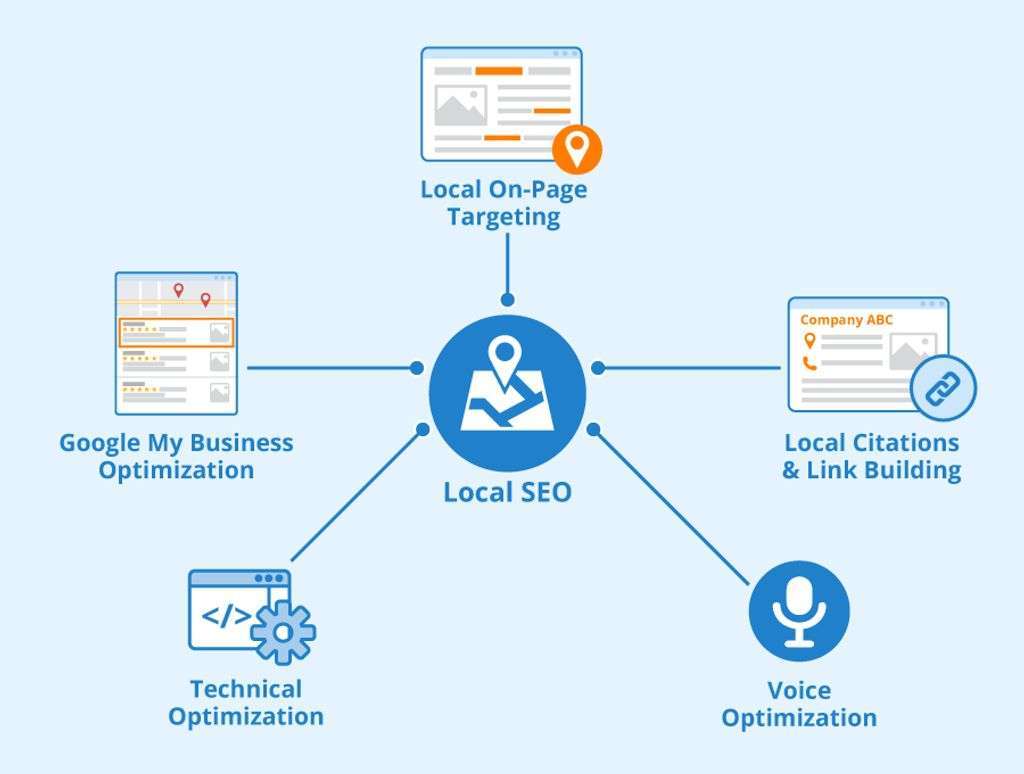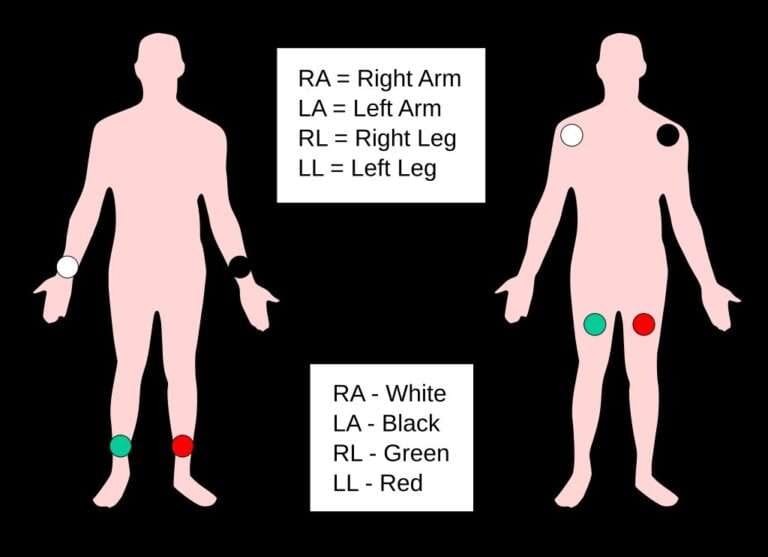What is SEO?
Overview
What is SEO?
SEO stands for Search Engine Optimization. It is the practice of optimizing a website to improve its visibility and ranking in search engine results pages (SERPs). SEO involves various strategies and techniques, such as keyword research, on-page optimization, and link building, to attract organic traffic and increase the chances of being found by search engines. By implementing SEO best practices, website owners can enhance their online presence and reach a wider audience.
Why is SEO important?
SEO is important for several reasons. Firstly, it helps increase visibility for your website on search engine result pages (SERPs). With proper optimization, your website is more likely to appear higher in the search results, making it easier for users to find you. Secondly, SEO helps drive targeted traffic to your website. By targeting specific keywords and optimizing your content, you can attract users who are actively searching for the products or services you offer. This increases the likelihood of converting them into customers. Lastly, SEO is important for building credibility and trust. When your website ranks high in search results, users perceive it as more trustworthy and authoritative. This can lead to higher click-through rates and improved brand reputation. Overall, investing in SEO is crucial for achieving online success and staying ahead of the competition.
How does SEO work?
SEO works by optimizing a website’s content and structure to improve its visibility and ranking on search engine results pages (SERPs). Search engines use complex algorithms to determine the relevance and quality of websites, taking into account factors such as keywords, backlinks, and user experience. By understanding how search engines evaluate websites, businesses can strategically optimize their content and implement SEO techniques to increase organic traffic and attract more potential customers.
To improve SEO, website owners can focus on the following strategies:
- Keyword optimization: Researching and incorporating relevant keywords throughout the website’s content.
- Link building: Building high-quality backlinks from reputable websites to increase credibility and authority.
- User experience optimization: Ensuring the website is user-friendly, easy to navigate, and has fast loading times.
By implementing these strategies, businesses can enhance their online presence and improve their chances of reaching their target audience through search engine results.
Keyword Research
Understanding keywords
Keywords are the foundation of search engine optimization (SEO). They are the words or phrases that users enter into search engines to find information. Understanding keywords is crucial for optimizing content and improving search engine rankings. Keyword research tools, such as Google Keyword Planner and SEMrush, can help identify relevant keywords with high search volume and low competition. By choosing the right keywords, businesses can target their audience effectively and increase their visibility in search engine results. It is important to consider factors such as search volume, competition, and relevance when selecting keywords for optimization.
Tools for keyword research
When it comes to keyword research, there are several tools available that can help you identify the most relevant and high-performing keywords for your content. Some popular keyword research tools include Google Keyword Planner, Semrush, and Ahrefs. These tools provide valuable insights into search volume, keyword competition, and related keywords, allowing you to optimize your content for maximum visibility and organic traffic. Additionally, they can help you discover long-tail keywords, which are often less competitive but highly targeted. By utilizing these tools, you can gain a competitive edge and improve your SEO strategy.
Choosing the right keywords
When it comes to choosing the right keywords, there are several factors to consider. First, it’s important to understand the relevance and search volume of each keyword. Tools like Google Keyword Planner and SEMrush can help in this process. Additionally, analyzing the competition for each keyword can give insights into its difficulty level. It’s also crucial to consider the intent behind the keywords and align them with the content on your website. By selecting relevant and high-traffic keywords that align with your target audience’s search intent, you can improve your chances of ranking higher in search engine results pages (SERPs) and attracting organic traffic to your website.
On-Page Optimization
Optimizing meta tags
Meta tags play a crucial role in optimizing a website for search engines. By including relevant keywords and a concise description of the page content, meta tags provide search engines with valuable information. Title tags should accurately describe the page content and include primary keywords. Meta descriptions should be engaging and compelling, enticing users to click on the search result. Additionally, header tags should be used to structure the content and highlight important sections. Properly optimizing meta tags can significantly improve a website’s visibility and click-through rates.
Creating high-quality content
Creating high-quality content is crucial for optimizing your website for SEO. High-quality content is engaging, informative, and relevant to your target audience. It should be well-written, free of grammatical errors, and provide value to the reader. Additionally, incorporating relevant keywords into your content can help improve its visibility in search engine results. To create high-quality content, consider conducting thorough research, using credible sources, and organizing your information in a clear and concise manner. Remember to regularly update and refresh your content to ensure it remains relevant and valuable to both users and search engines.
Improving website speed
Improving website speed is crucial for SEO as it directly impacts user experience and search engine rankings. Page load time is a key factor that search engines consider when determining the relevance and quality of a website. Slow-loading pages can lead to higher bounce rates and lower conversion rates. To optimize website speed, webmasters can use techniques such as caching, compressing images, and minifying code. Additionally, choosing a reliable hosting provider and utilizing content delivery networks (CDNs) can also help improve website speed and overall SEO performance.
Conclusion
Summary of key points
In summary, optimizing content for SEO involves several key points:
- Conducting thorough keyword research to identify relevant and high-traffic keywords.
- Utilizing tools like Google Keyword Planner and SEMrush for effective keyword research.
- Choosing the right keywords that align with the target audience and business objectives.
- Optimizing meta tags such as title tags and meta descriptions to improve search engine visibility.
- Creating high-quality and relevant content that incorporates the chosen keywords naturally.
- Improving website speed and performance to enhance user experience and search engine rankings.
By implementing these strategies, businesses can improve their online visibility, attract more organic traffic, and ultimately achieve higher rankings in search engine results pages (SERPs).
Future trends in SEO
As technology continues to advance, the field of SEO is constantly evolving. Artificial intelligence (AI) and voice search are expected to play a major role in the future of SEO. AI can help analyze user behavior and provide valuable insights for optimizing content. Voice search, on the other hand, requires a different approach to keyword research and content creation. It is important for businesses to stay updated with these trends and adapt their SEO strategies accordingly. Additionally, mobile optimization will continue to be a key focus, as more and more users access the internet through their mobile devices. By ensuring that websites are mobile-friendly and have fast loading times, businesses can improve their search engine rankings and provide a better user experience.
Final thoughts
In conclusion, optimizing content for SEO is essential for improving the visibility and ranking of a website in search engine results. By conducting thorough keyword research and implementing on-page optimization techniques such as optimizing meta tags, creating high-quality content, and improving website speed, website owners can increase their chances of attracting organic traffic. It is also important to stay updated with the latest trends in SEO to ensure long-term success. Remember, SEO is an ongoing process that requires continuous monitoring and adjustments to stay ahead of the competition.









 العربية
العربية Čeština
Čeština Dansk
Dansk Nederlands
Nederlands English
English Suomi
Suomi Français
Français Deutsch
Deutsch Italiano
Italiano 日本語
日本語 한국어
한국어 Norsk bokmål
Norsk bokmål Polski
Polski Português
Português Русский
Русский Español
Español Svenska
Svenska